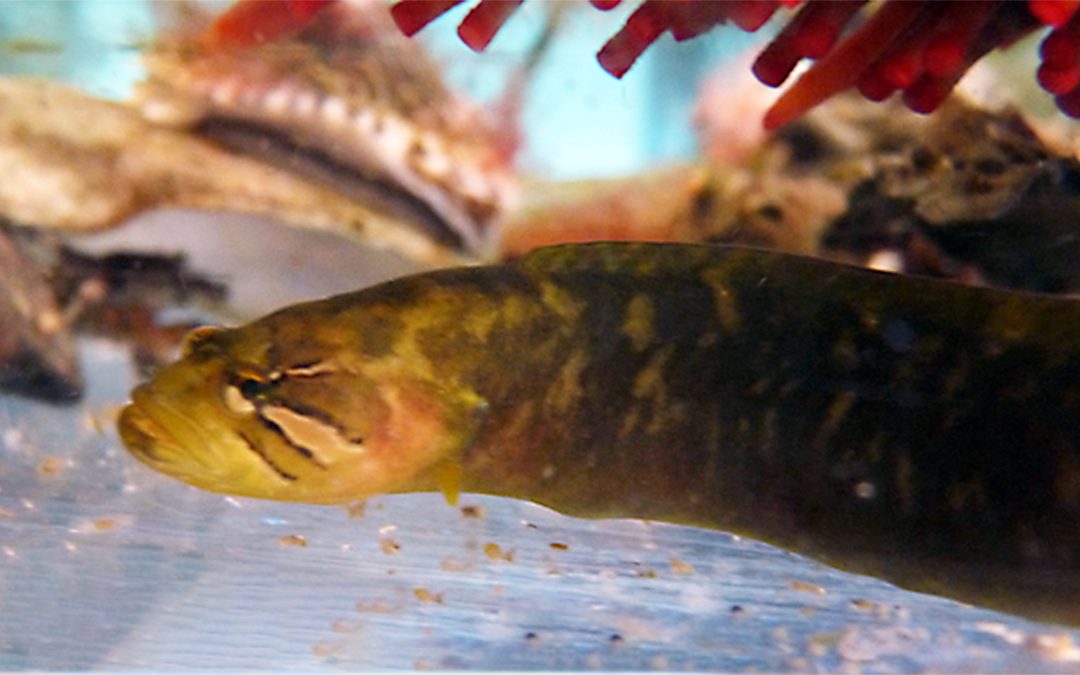
by David Young | Sep 7, 2024 | Fishes
Author: David Freitas Photos by David Freitas Common Names: Rock Prickleback, Rock Eel, Rock Blenny Scientific Name: Xiphister mucosus Identifying Features: The Rock Prickleback is greenish-black in color with faint white markings around the base of its tail and...


